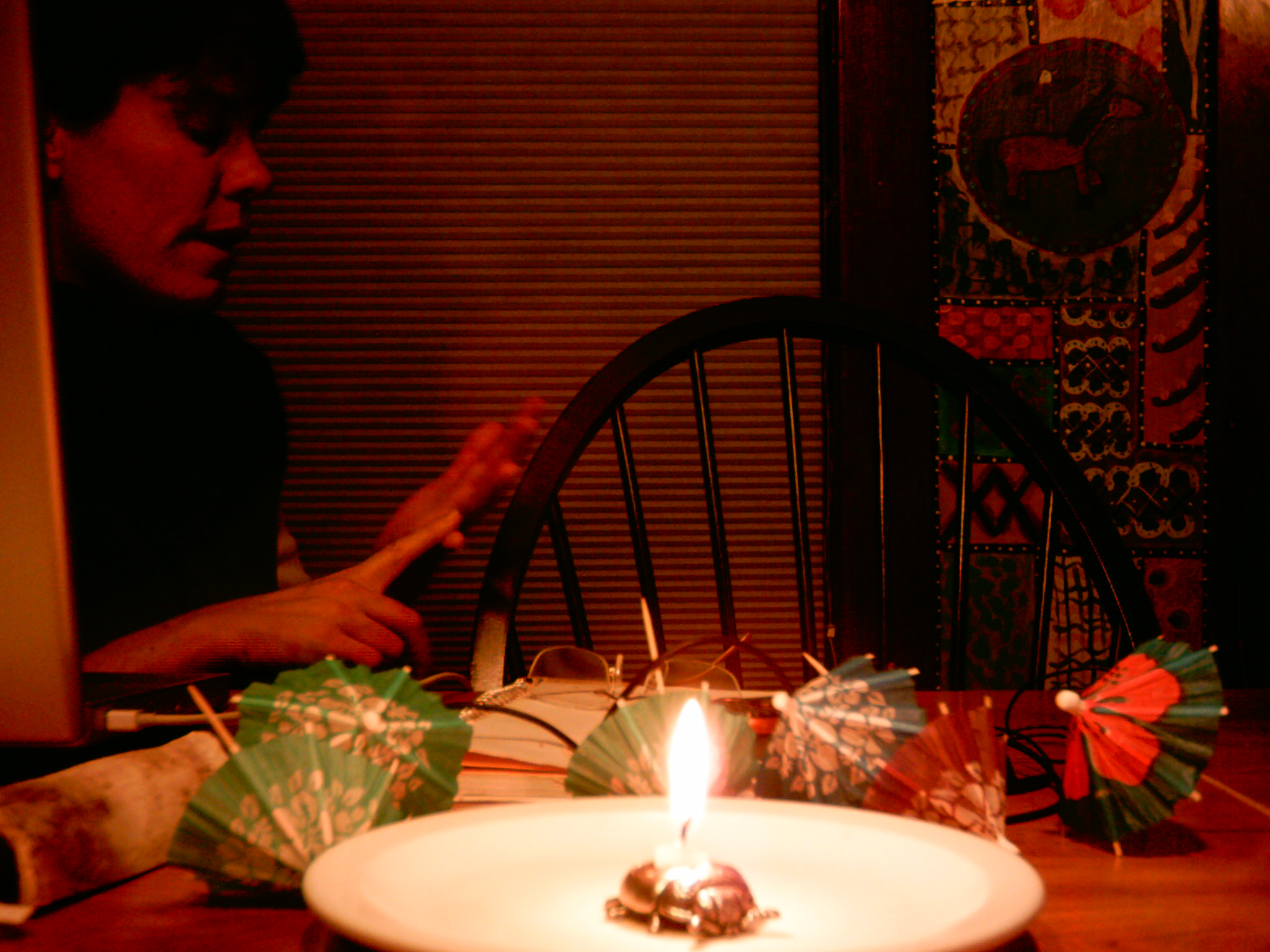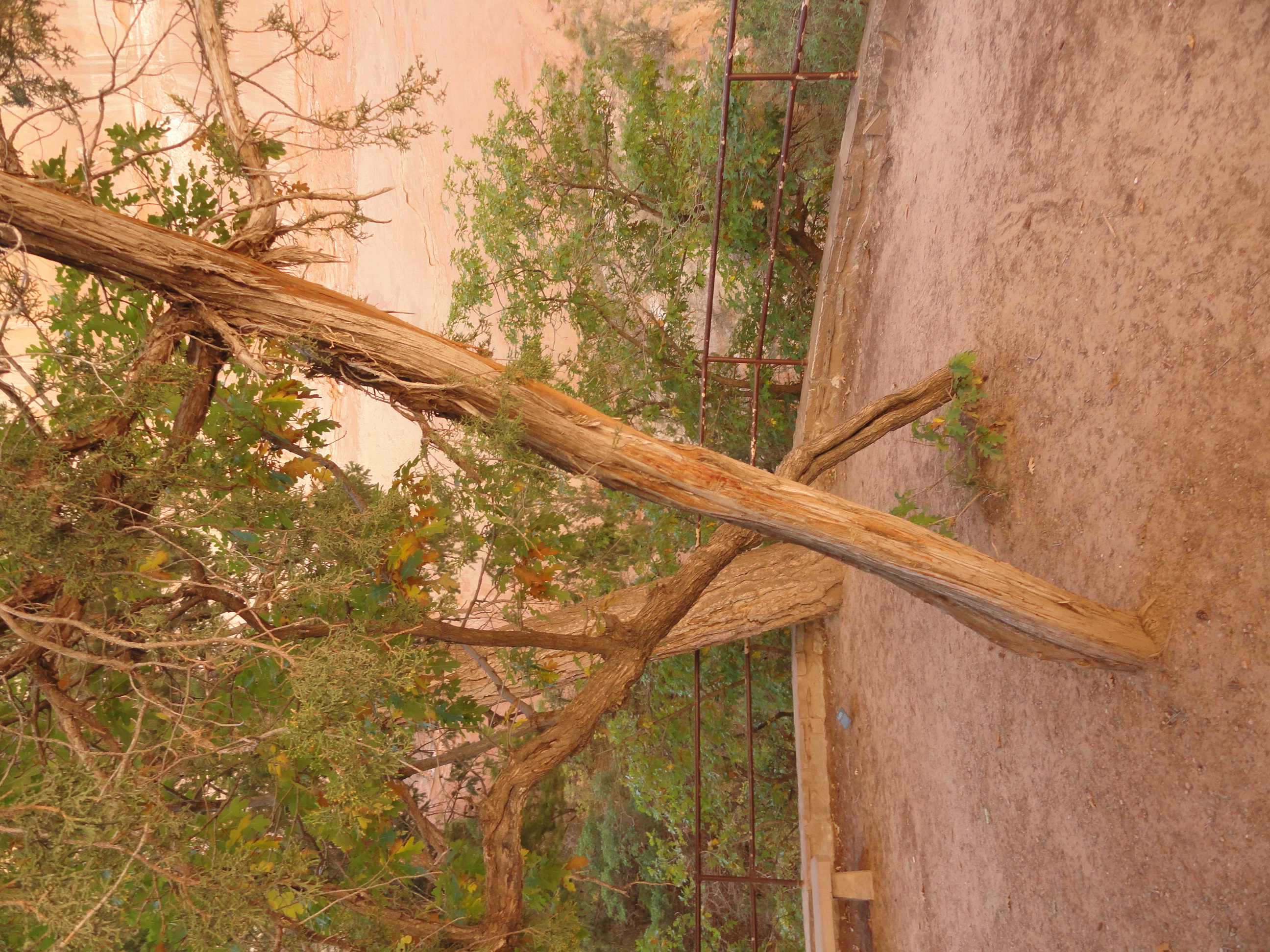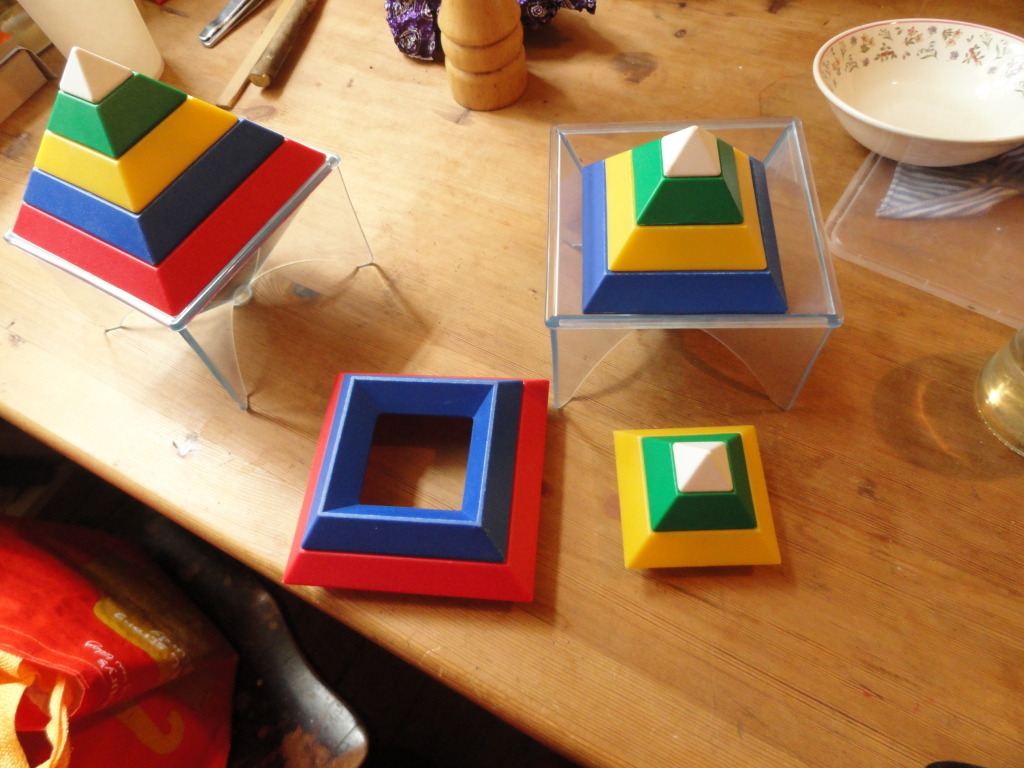From Wikipedia, about boredom:
There are three types of boredom, all of which involve problems of engagement of attention. These include times when we are prevented from engaging in some wanted activity, when we are forced to engage in some unwanted activity, or when we are simply unable, for no apparent reason, to maintain engagement in any activity or spectacle.If that list is to be accepted, then unschooling parents can avoid boredom by finding ways to help children engage in wanted activities, not pressing them to engage in unwanted activities, and provide options to any activity or spectacle. (I'm thinking having quiet toys, a book, a Gameboy, smart phone or iPad on hand.
Boredom and unschooling
photo by Sandra Dodd











